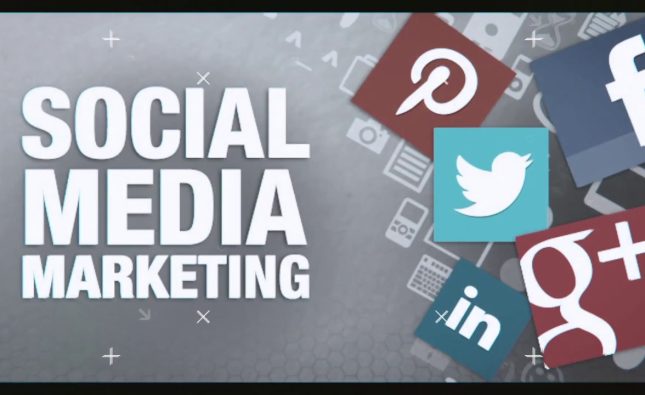
As the world becomes increasingly concerned with environmental protection, many countries are imposing bans on combustion engines, and it’s causing quite a stir in the automotive industry. The latest to take a stand against this movement is Porsche, one of the world’s leading sports car manufacturers. In this blog post, we’ll examine why Porsche believes these bans aren’t necessary and how they’re fighting back in what could be an epic battle for fuel dominance. So buckle up and get ready for an exciting ride as we explore Porsche’s stance on the ban on combustion engines!
Porsche’s stance on the combustion engine ban
Porsche’s stance on the combustion engine ban is clear: they are against it. In a recent blog article, Porsche took a stand against the proposed ban on combustion engines in the European Union. Porsche argues that the ban would be detrimental to the automotive industry, and could lead to job losses and economic decline.
Porsche also argues that the ban would be unfair to consumers, as it would prohibit them from choosing the type of vehicle they want to purchase. The company believes that consumers should have the freedom to choose which type of vehicle best suits their needs, and that a ban on combustion engines would take away this freedom.
Porsche makes a strong case against the proposed ban on combustion engines, and it is clear that they will continue to fight for the rights of consumers and the automotive industry.
The pros and cons of electric cars
Electric cars are not without their drawbacks. One of the biggest concerns is range anxiety, or the fear that the vehicle will run out of power before reaching its destination. This is a valid concern, as electric cars typically have a shorter range than their gasoline-powered counterparts. Another drawback is the time it takes to charge an electric car. Depending on the charger and the car, it can take anywhere from 30 minutes to 12 hours to fully charge an electric car. Additionally, electric cars can be more expensive than gasoline-powered cars, both upfront and in terms of long-term maintenance costs.
However, there are also several advantages to driving an electric car. For one thing, they emit no pollutants and are therefore much better for the environment. They’re also very quiet, which can be a plus in some situations (like early morning commutes). Electric cars also have instant torque, meaning they accelerate faster than gasoline-powered cars. And finally, electric cars require less maintenance than gasoline-powered cars since there are fewer moving parts.
How the ban will affect Porsche’s business
It’s no secret that the automotive industry is under pressure to reduce its environmental impact. In Europe, this has led to a proposal to ban the sale of new combustion-engine vehicles by 2030. Porsche, one of the world’s leading luxury automakers, has come out against the ban, saying it would be “impossible” to meet.
Porsche is heavily invested in combustion engine technology, and a ban would have a significant impact on its business. The company says it would need to invest billions of euros in electric vehicle technology to meet the 2030 deadline, and it’s not clear if there would be enough demand for its products.
Porsche also argues that a ban would hurt the economy and cost jobs. The company says it employs around 9,000 people directly and supports tens of thousands of jobs indirectly. A ban on combustion engines could lead to job losses throughout the automotive industry, which could have ripple effects throughout the economy.
Porsche is clearly worried about the potential impacts of a ban on combustion engines. The company is urging policymakers to consider the negative consequences before making any decisions.
Alternative fuel options for Porsche
As the battle for fuel rages on, Porsche is taking a stand against the proposed ban on combustion engines. The German automaker has come out in support of alternative fuel options, such as electric vehicles (EVs) and hybrids.
Porsche believes that EVs and hybrids are the way of the future, and they are committed to investing in these technologies. The company is already working on several new EV and hybrid models, which they hope to bring to market in the next few years.
Porsche is also working on other alternative fuel options, such as hydrogen cars. They believe that hydrogen could be a viable option for powering cars in the future, and they are working on developing this technology.
Overall, Porsche is committed to finding new and innovative ways to power their cars. They believe that ban on combustion engines is not the answer, and they are working hard to find alternatives that will provide drivers with the power and performance they crave.
Conclusion
It is clear that the battle for fuel sources between Porsche and other manufacturers is an ongoing one, as both parties have expressed their plans to continue producing combustion engines in spite of a potential ban. This shows just how committed Porsche is towards keeping traditional fuels alive and well. Ultimately it will be up to consumers to decide which type of fuel source they prefer; however, the fact remains that Porsche has made a bold stand against those who want to see combustion engines go extinct.










